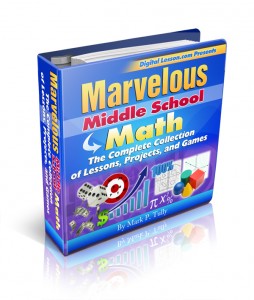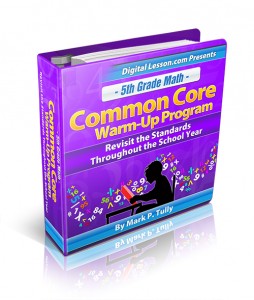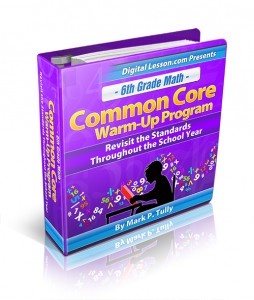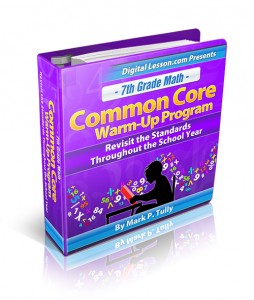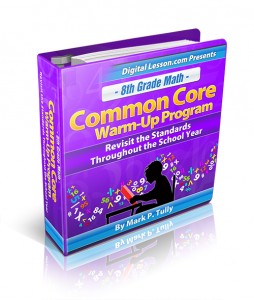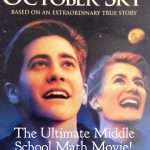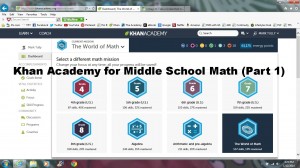 My goal in this, the first of a series of blog posts, is to show you how valuable the Khan Academy can be as a tool in your classroom. I will give you a little background about the Khan Academy, explain to you why I value this tool so much, and give you step-by-step directions on how you can use the Khan Academy in your classroom. Of course, you can discover all of this on your own, but perhaps my experiences, research, and writing will end up saving you time and giving you new insights or ideas to use in your middle school math classroom.
My goal in this, the first of a series of blog posts, is to show you how valuable the Khan Academy can be as a tool in your classroom. I will give you a little background about the Khan Academy, explain to you why I value this tool so much, and give you step-by-step directions on how you can use the Khan Academy in your classroom. Of course, you can discover all of this on your own, but perhaps my experiences, research, and writing will end up saving you time and giving you new insights or ideas to use in your middle school math classroom.
A Little Bit About Sal Khan
By now, most of you have heard about the Khan Academy. In 2004 Salman Khan began tutoring his cousin Nadia in mathematics. Soon others wanted to be tutored by Khan and he decided that the most efficient way for him to help them was by establishing a YouTube channel where he could post videos of his teaching.
The Khan Academy is Born
Today that channel has evolved into the Khan Academy, which has helped millions of students from around the world to learn mathematics as well as many other subjects. The Khan Academy slogan is “a free world-class education for anyone anywhere.” To get an overview of the Khan Academy visit the Khan Academy “About” page.
Khan Academy is Interactive and Individualized
There are a number of reasons why I love using the Khan Academy with my students. [Read more…]
 I love project based learning! When I started teaching over 25 years ago most of the curriculum that I was given consisted of flipping to the next two-pages in the textbook and working the problems that I selected. Not satisfied with this approach to teaching math, I was soon on the hunt for powerful math activities and projects that would infuse life into my math classroom. More on that quest in a moment.
I love project based learning! When I started teaching over 25 years ago most of the curriculum that I was given consisted of flipping to the next two-pages in the textbook and working the problems that I selected. Not satisfied with this approach to teaching math, I was soon on the hunt for powerful math activities and projects that would infuse life into my math classroom. More on that quest in a moment.